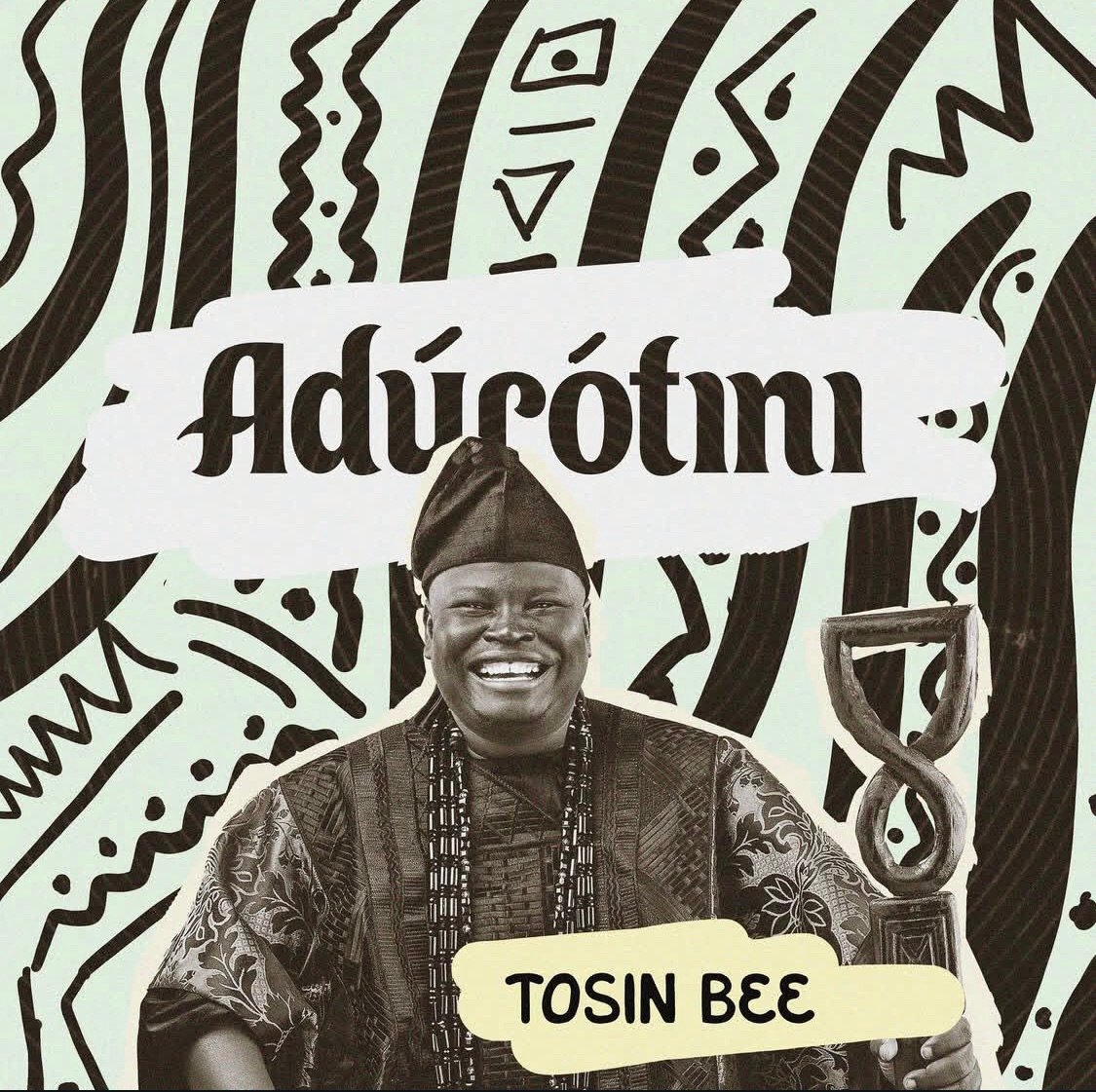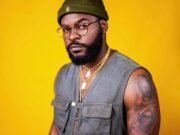 |
| Russia’s president, Vladimir V. Putin, watching the downhill ski competition at the 2014 Winter Paralympics in Sochi, Russia.Alexei Nikolsky/RIA Novosti Kremlin, via Associated Press |
Russian Paralympics team have been given ban from the forthcoming 2018 Paralympic Games, authorities reported Monday, declining to lift a boycott due to what they called an inadequate recuperation from the Russian doping Scandal.
Regardless, those authorities stated, certain debilitated Russian competitors will have the chance to contend at the coming Winter Games — a choice taken with some difference among top Paralympics administrators, who were consistent in their choice not to lift the ban.
“What was revealed was not a minor rupture of a commitment,” Andrew Parsons, leader of the International Paralympic Committee, said at a news meeting in Bonn, Germany on Monday.
“This was an orchestrated attack on the integrity of sport.”
Supporting the continued ban, Mr. Parsons indicated Russian authorities’ deficient with regards to participation with worldwide games controllers and also their inability to recognize the proof of precise conning laid out about two years prior.
Fundamentally, in any case, he additionally commended “strict condition” inside Russia concerning antidoping instruction and medication testing — advance that had motivated trust in the association’s capacity to recognize clean athletes and polluted ones, he said.
The Paralympic choice stands to some degree as opposed to the International Olympic Committee’s decision on Russia’s cooperation in the 2018 Winter Games one month from now in Pyeongchang, South Korea.
Unlike their Olympics partner, Paralympic authorities had not already enabled Russian athletes to sidestep the ban and contend as people outside of qualifying occasions this fall. Olympic authorities, who ostensibly restricted Russia a month ago, have given 169 Russian athletes exceptional freedom to contend when the Olympics start on Feb. 9. (The Paralympics, the worldwide showcase for disabled athletes, will kick off on March 9.)
Mr. Parsons said Monday that Paralympic authorities would permit up to 35 Russian athletes who met “strict conditions,” including a thorough history of medication testing, to contend in Pyeongchang as nonpartisan athletes in a modest bunch of games, including high skiing, biathlon and wheelchair skiing. That number that is generally a large portion of the extent of the group Russia ordinarily sends.
“Not quite the same as the Rio time frame when we couldn’t ensure which athletes were perfect and which athletes were not,” Mr. Parsons stated, alluding to the 2016 Games, where no Russian Paralympian contended, “now we can have a clear understanding of which of the athletes were spotless and which are definitely not.”
Every Russian Paralympian who is approved to contend, he stated, will be recognized in the competition as a “Nonpartisan Paralympic Athlete.” Olympic authorities have affirmed singular Russian athlete to be distinguished by their nationality, as “Olympic thlete athletes from Russia.”
Asked by a Russian writer for what good reason Paralympic authorities were not comparatively enabling Russian athletes to demonstrate their national pride, Paralympic authorities focused on that there were results, given that Russia stayed suspended. “We can’t utilize the name Russia in the title of group,” Craig Spence, representative for the International Paralympic Committee, said.
Russia’s state supported cheating, deconstructed in investigative reports in 2016, ruined the aftereffects of various worldwide competitions crosswise over orders and years — most drastically the 2014 Olympic and Paralympic Games in Sochi, Russia. At those Paralympics, the host country won 80 awards, about five dozen more than the second-rankings.
Quickly after the disclosures that Russian Paralympians had utilized anabolic steroids to pick up an edge over their rivals in Sochi, the Paralympic Committee banned Russia in August, 2016, weeks in front of the Rio Games. Philip Craven, at that point leader of the board, condemned Russia as having picked “decorations over ethics.”
In the approximately year and a half that took after, Paralympic authorities sketched out criteria for Russia’s way to reestablishment, including that Russian authorities acknowledge the nitty gritty confirmation of their methodical swindling. Another stipulation was that Russia’s antidoping organization be recertified by the worldwide controller of medications in sports. Last November, that body denied Russia’s allure for restoration, refering to a limited extent, Russian authorities’ trouble in sharing proof from Moscow.
Russian authorities have apologized extensively to dope issues while negating that the state coordinated boundless bamboozling. Lately paving the way to choices about the 2018 Games, Moscow raised its indictment of a key shriek blower living in the United States, Dr. Grigory Rodchenkov, against whom criminal allegations were documented in Russia in November. Prior this month, programmers fixing to the Russian government discharged another product of stolen messages trying to uncover — and maybe stir — conflict between worldwide games authorities and antidoping specialists.
Russia’s failure to take an interest in the last Paralympics in Brazil incited especially pointed clamor from top Russian authorities. President Vladimir V. Putin censured the ban as “outside of the law, outside of ethics and outside of mankind,” portraying sanctions against the country’s disabled athletes as a Western push to mortify Russia’s weakest, most helpless nationals.
“It’s only critical to take it out on individuals for whom don has turned into the significance of life,” Mr. Putin said in 2016, portraying Russia’s banned Paralympians as “the individuals who by their case give a large number of individuals with restricted abilities hope and confidence in their energy.”



















